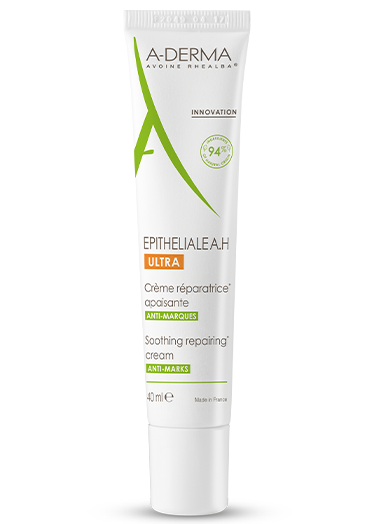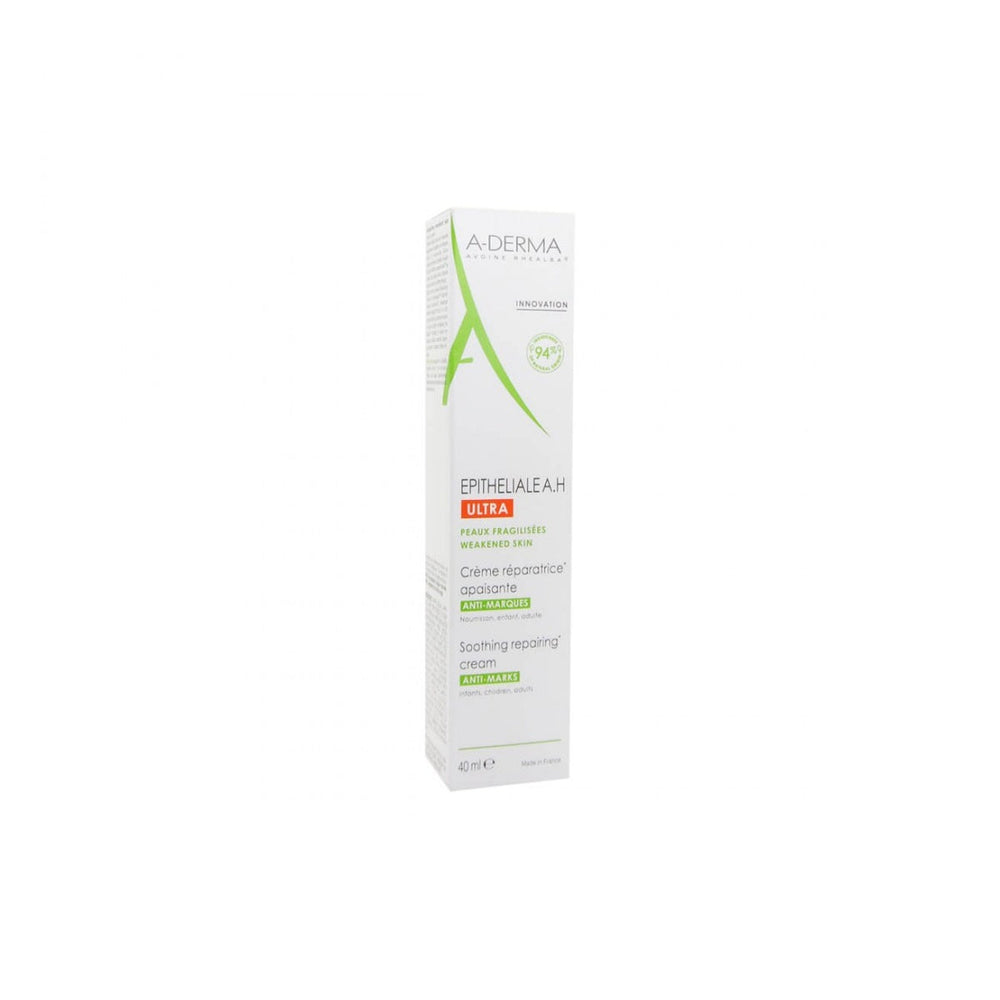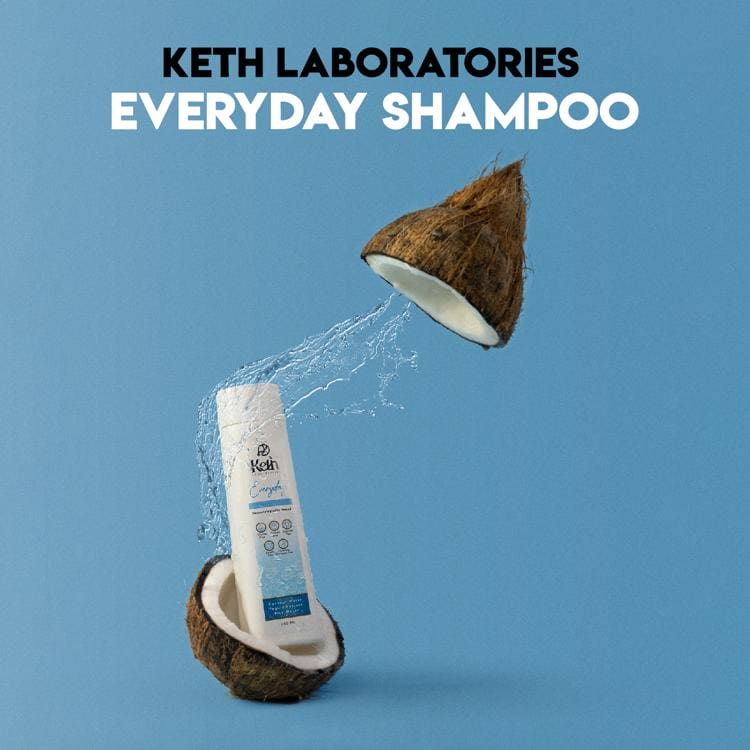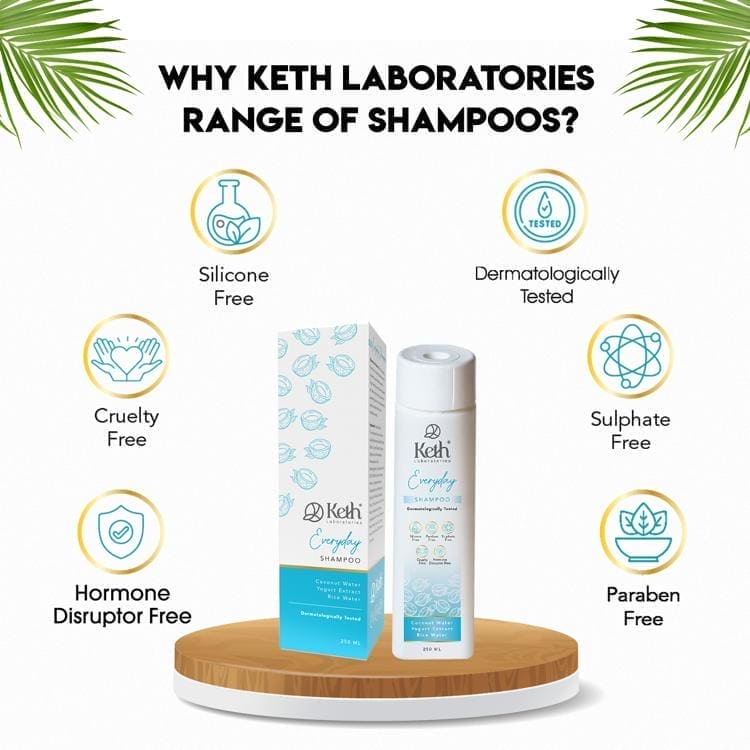How to Choose the Best SPF for Your Skin Type
Choosing the right SPF is essential for shielding your skin from harmful UV rays, preventing premature aging, and reducing the risk of skin cancer. With numerous sunscreen options available, selecting one that suits your skin type and specific needs is crucial.
What is SPF, and Why Does It Matter?
SPF (Sun Protection Factor) indicates how effectively a sunscreen protects against UVB rays, which cause sunburn and contribute to skin cancer. While higher SPF values provide increased protection, they do not offer complete immunity from sun damage. Dermatologists recommend using at least SPF 30 for daily wear and SPF 50 for prolonged sun exposure.

How to Select the Best SPF for Your Skin Type?
What SPF is Best for Oily Skin?
For oily skin, opt for lightweight, non-comedogenic, and oil-free sunscreens. Gel-based or matte-finish formulas help control excess oil and shine while ensuring effective protection.
UVskrin Silicone Sunscreen Gel SPF 30 is a great option, offering a gel formula that absorbs quickly and prevents shine, making it perfect for oily skin.
![]()
What SPF is Best for Dry Skin?
Dry skin benefits from sunscreens with hydrating ingredients like hyaluronic acid, glycerin, and ceramides. Cream-based sunscreens provide both sun protection and deep moisturization. Avoid alcohol-based formulations, as they can exacerbate dryness.
Heliocare 360 Water Gel Sunscreen is a hydrating, lightweight gel that provides excellent protection and moisture for dry skin.

What SPF is Best for Combination Skin?
Combination skin requires a balance between hydration and oil control. Choose a lightweight sunscreen with a semi-matte finish that won’t clog pores or leave your skin feeling greasy. Hybrid sunscreens, which contain both chemical and physical filters, offer optimal protection while maintaining skin balance.
IPCA Acne UV Gel SPF 50 provides strong protection while being non-comedogenic, making it a good choice for combination and acne-prone skin.

What SPF is Best for Sensitive Skin?
Sensitive skin is prone to irritation, so fragrance-free and hypoallergenic sunscreens are ideal. Mineral sunscreens with zinc oxide or titanium dioxide create a physical barrier against UV rays without irritating. Avoid chemical sunscreens that contain oxybenzone or avobenzone, as they may trigger reactions.
What SPF Level is Right for You?
SPF 15-30: Suitable for everyday indoor use and minimal sun exposure.
SPF 30-50: Ideal for daily outdoor activities, offering sufficient UV protection.
SPF 50+: Recommended for extended sun exposure, particularly for fair or sun-sensitive skin.
How to Maximize Sun Protection?
|
How Much Sunscreen Should You Apply? Use at least a nickel-sized amount for the face and a shot-glass amount for the body. How Often Should You Reapply? Reapply every two hours, especially after swimming, sweating, or wiping your face. How Can You Enhance Sun Protection? Combine sunscreen with other protective measures, such as wearing a wide-brimmed hat and sunglasses, and seek shade whenever possible. UV rays are present even on cloudy or cold days, making daily application essential. |
For a wide range of dermatologist-approved sunscreens tailored to your skin type, visit Your Derm Store. Find the perfect SPF for your needs and enjoy healthy, protected skin all year.











































































